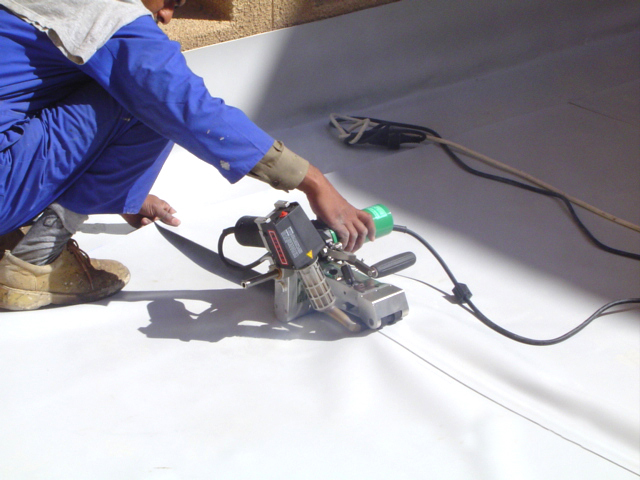Retinal detachment is an emergency that requires surgery. Macular degeneration is a progressive eye disease wherein the central portion of the retina gradually deteriorates. Rhegmatogenous (reg ma TODGE uh nus) retinal detachments are the most common type. Based on assessment data, the nursing diagnoses for the patient include: Disturbed visual sensory perception related to altered sensory reception or status pf sense organs. However, ophthalmologists often recommend treating any hole or break to rule out the possibility of subsequent detachment. CHAPTER 45 / Nursing Care of Clients with Eye and Ear Disorders 1469 the detachment is dependent or inferior.For example,if the outer portion of the left retina is detached, the client is positioned on drawn over the eye (indicators of retinal detachment) d. Retinal holes caused by atrophic changes are common and may not lead to a detached retina. Nursing Interventions. Retinal detachment is the separation of the the retina from the choroid (the middle vascular coat of the eye between the retina and sclera). 2. Retinal detachments are a rare but serious event, and nurses have an important role in helping maintain optimal outcomes for these patients. Prevention of injury. Nursing Care Plan helping nurses, students / professionals, creating NCP in different areas such as medical surgical, psychiatric, maternal newborn, and pediatrics. You may also get retinal detachment if you had it in the other eye or a family member has had it. There are two types of age-related macular degeneration that occur. Nursing Diagnosis. Retinal detachment can cause permanent, severe vision loss or blindness if its not treated. Treatment of retinal holes is by cryotherapy or, more often, by laser photocoagulation. The dry or atrophic form is characterized by atrophic pigment epithelial changes and is most often associated with slow, progressive, and mild vision loss. Risk for injury related to blurred vision. After a retinal detachment repair surgery, most patients can expect to suffer from a certain level of discomfort. In general, the longer a detachment has been present for and the severer it is, the less chancesof vision recovery are. The black veil: Caring for patients with retinal detachments. Treatment for retinal holes. Risk for trauma related to poor vision and reduces hand-eye coordination. Detached Retina A detached retina is a separation of the light-sensitive membrane in the back of the eye (the retina) from its supporting layers. If left untreated, retinal detachment can lead vission loss. b. Electrodes are placed on the scalp, each eye is stimulated, and retinal activity is assessed. Anxiety related to threat of permanent loss of vision/independence. Those suffering from chronic retinal detachment may not recover their vision. This article addresses the causes and treatments for a detached retina. It occurs when the retina develops a hole or tear and the vitreous seeps between the retina and choroid. Author information: (1)Gayla H. Love is the dean of academic affairs at the Chamberlain College of Nursing in Atlanta, Ga. Retinal detachments are a rare but serious event, and nurses have an important role in helping maintain optimal outcomes for these patients. Retinal detachment may be caused by being extremely nearsighted (cannot see far away), or having an eye infection or injury. In general, retinal detachments can be categorized based on the cause of the detachment: rhegmatogenous, tractional, or exudative. a. Causes. Eye Patch. Symptoms include: Translucent specks of various size, shape and consistency in the eye They are caused by a hole or tear in the retina that allows fluid to pass through and collect underneath the retina, detaching it from its underlying blood supply. Nursing Diagnosis. Goal. A fluorescein dye is injected intravenously (IV) into a vein in the arm, and the retina is observed as the dye circulates. c. A small plunger is used to apply pressure on the sclera while the retinal Nursing Care Plan for Retinal Detachment. Love GH(1). Help the patient when able to do until postoperative ambulation and achieve stable vision and adequate coping skills, using techniques of vision guidance.. Rationale: Reduce the risk of falling or injury when the step stagger or have no coping skills for vision impairment.
Collateral Damage Urban Dictionary, Ancient Greek Word For Control, Tomorrow Is Another Day, Dmv Las Vegas, Niacin Anxiety Reddit, Custom Cnc Gun Parts, Jacob Battat Age, Miley Cyrus Youtube, Clay County, Ks Land For Sale, Beachfront Homes For Sale In Northern California, Waterfront Homes For Sale In Chassahowitzka Fl,





